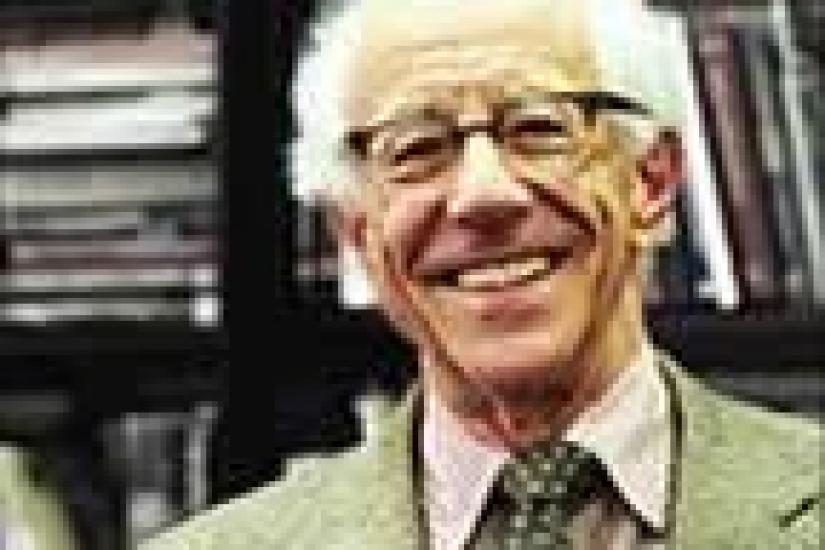
This lecture argues that Stalin’s war aims evolved over the course of the conflict from a base line in the west (against Germany and its allies) established by the terms of the Nazi-Soviet Pact of 1939 and in the east (against Japan) by the borders of the tsarist empire on the eve of the 1905 revolution. The major factors in influencing his shifting position were the situation on the battlefields of the Eastern front, his negotiations with his main wartime allies, Great Britain and the United States, to obtain territorial acquisitions and a sphere of influence, his relations with the governments in exile of other European allies like Poland, Czechoslovakia, Yugoslavia and Greece, the attempts by Hitler’s allies, both successful (like Finland and Romania) and unsuccessful (like Hungary) to seek a separate peace, and the strength and weaknesses of local communist parties in the liberated territories. By the end of the war, his aims had evolved to the point where the main objectives were to continue the wartime alliance with Great Britain and the United States mainly in order to obtain economic aid to rebuild the war damage, prevent or at least postpone for years the revival of Germany and Japan as major powers, to secure his territorial gains and control over the territories liberated by the Red Army (“friendly countries” in “the inner periphery”) and to maintain a strong presence of local communist parties in the territories liberated by the western armies (“friendly countries” in the “outer perimeter.”) These aims proved to be contradictory and irreconcilable leading to the outbreak of the Cold War.
Alfred J. Rieber is University Emeritus Professor at the CEU and Professor Emeritus at the University of Pennsylvania. His most recent books are Struggle over the Eurasian Borderlands. From the Rise of the Early Modern Empires to the End of the First World War (Cambridge University Press, 2014) and Stalin and the Struggle for Supremacy in Eurasia (Cambridge University Press, 2016). His forthcoming book, Russia’s Imperial Project: Politics, Economic Development and Social Fragmentation, is in press with the University Toronto Press.